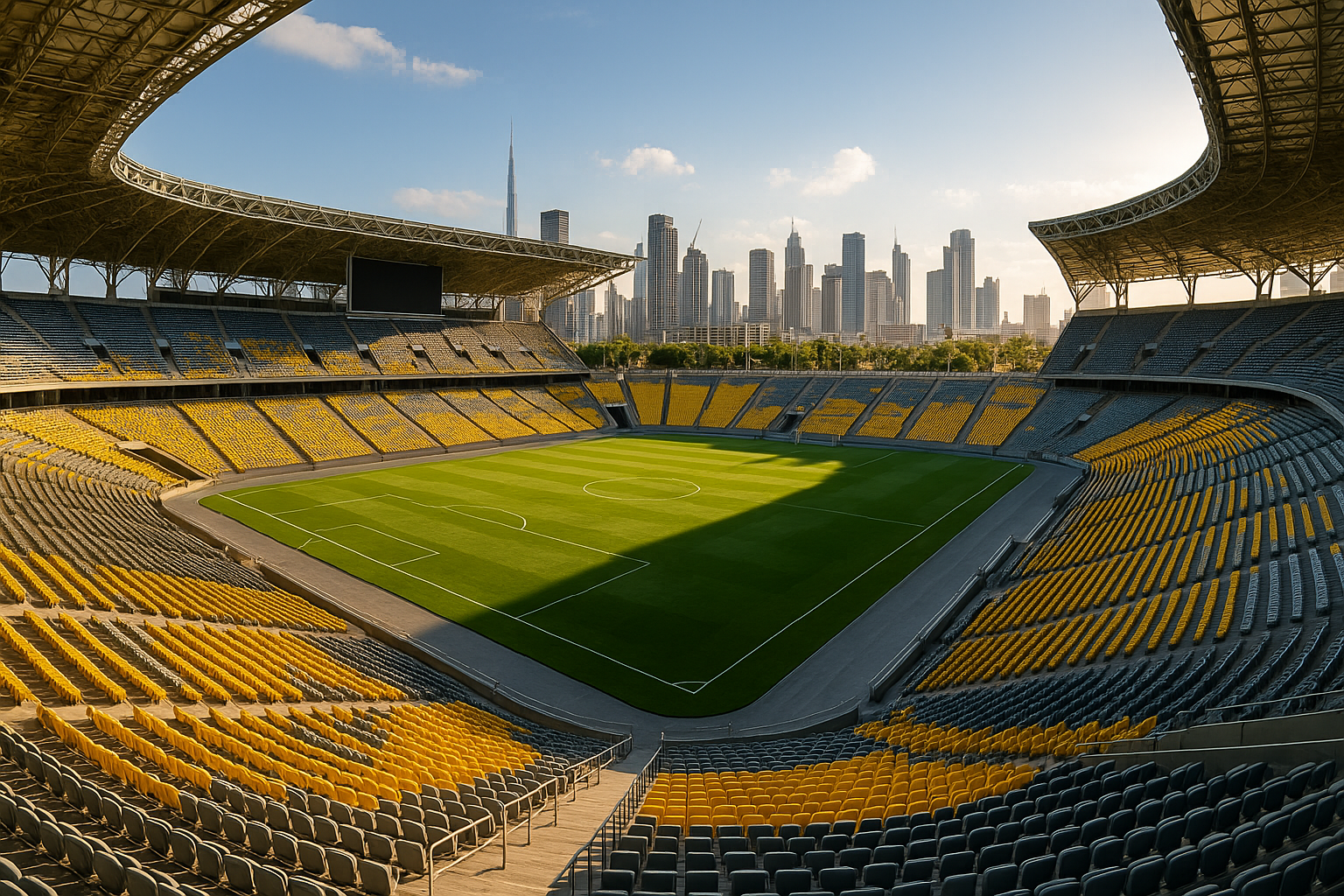In a bold and controversial decision, FIFA has made changes to club competition titles that will have a ripple effect across the football world as it has downgraded Bayern Munich, Manchester United, AC Milan, and many other top clubs from their original status as Official World Champions.
The decision was star-crossed with the announcement of FIFA’s upcoming 2025 Club World Cup in the USA which will include 32 teams competing in a tournament format similar to the World Cup. In the lead-up to the event, FIFA has decided to restrict the tournaments included in the term “official Club World Cups” to those held in 2025 and later.
What Changed?
FIFA’s historical stance had been that the winners of the Intercontinental Cup (Europe and South America champion duels held from 1960 to 2004) and the Club World Cup (celebrating its 20th anniversary in 2000) are the correct world champions. This position has now shifted.
The new FIFA rules allow only the winners of the new-format Club World Cup, starting from the 2025 edition, to keep the exclusive FIFA Club World Champion indication. However, the tournaments that were called prestigious in the past are now recognized separately.
Bayern and Other Giants Impacted
With the reclassification sting is inflicted on Bayern Munich, who claimed the Club World Cup title in 2020 as well as the Intercontinental Cup title in 1976 and 2001. The club used to pride themselves on their world titles and put them on the official goods and club records. But according to FIFA, these are not considered to be “official” world titles anymore.
Other major clubs that were negatively impacted include:
- Manchester United (1999 Intercontinental Cup)
- AC Milan (multiple Intercontinental and Club World Cups)
- Real Madrid and Barcelona who are in possession of shared trophies in both formations.
Several fans, including former players expressed confusion and frustration. “We fought hard to take them home and celebrated them,” said one ex-Bayern midfielder. “To all of a sudden not be able to call them ‘official’ feels very disrespectful.”
FIFA’s Reasoning
FIFA has, in its defense, branded the change as a part of its overall strategy to modernize the game and bring efficiency to the tournament structure under one clear format. Proponents of the plan feel that the new Club World Cup, which will be a qualifying tournament with group stages and knockout rounds, is a more global and inclusive competition and that is the reason for the new title restrictions.
Nevertheless, the critics refer to the change as an attempt to rewrite the football history and to disrespect generations of players, teams and fans. Some fans were seen holding banners with writings: “You can’t write a legacy” outside of Bayern’s Allianz Arena.
What It Means Going Forward
This shift could feel symbolic to clubs and fans, yet symbols still have their worth. If teams win the title under the 2025 and post-2025 rules for their recognition as world champions, it will be hard for them to sell their catalogs as former ‘world champions’ in official materials.
That could affect the sales of the remaining stock of the merchandise, branding the club, and possibly even Hall of Fame recognition in some federations.
The Bigger Picture
FIFA’s new decree underlines its ambition to portray the 2025 Club World Cup as a flagship event that166 is different from its predecessors and consequently gains additional recognition. However, this step is also likely to distanced the clubs and the fans who previously have been dedicating their hard work to the success of the tournament.
While fans get ready for the 2025 season to commence this argument will be like a bitter wy to handle: not only who will win but also who will have the chance of winning it again to regain the title that they once held.


